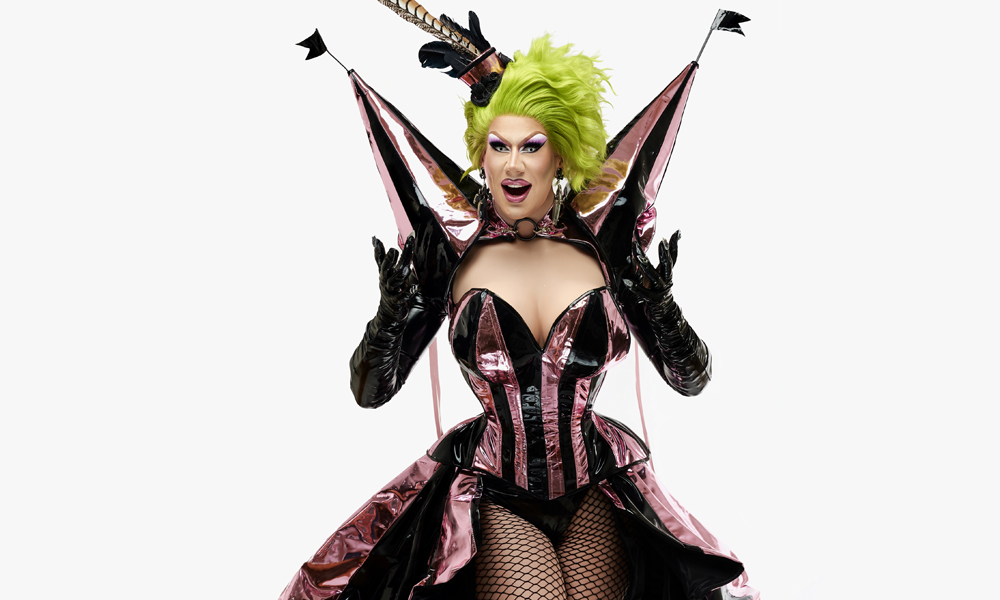Our voices need to be heard on all types of boards, not just those that serve queer and trans communities…
From St. John’s to Kelowna, Canada is home to more than 100 Pride festivals. Just like the many advocacy groups, community centres and charitable programs that serve gender and sexual minorities in this country, these festivals are governed by boards of directors, a requirement of the Canada Revenue Agency if an organization wants non-profit or charitable status. These volunteers are typically elected by an organization’s membership to make strategic decisions and manage its finances responsibly. Boards serve a crucial role in shaping the future of the organizations that serve some of the most marginalized members of Canada’s queer and trans communities. They hire the CEO or executive director, decide on the budget and make major policy decisions. So it’s important that they are representative of the people for whom they are providing services.
Gender and sexual minorities are significantly underrepresented in workplace leadership roles. Other facets of one’s identity, such as cultural background and ability, make it exponentially harder for some community members to rise through the ranks across a number of industries. While women are better represented in fields such as education and health care, fewer grab top spots in industries like mining and technology. Considering that most boards have traditionally sought directors with management experience, lots of people have been left out of governance structures that need input from the broad diversity of identities that make up Canada’s queer, trans and 2S communities.
Michael Cherny is a certified public accountant (CPA) who sits on the board of management of The 519, a community centre providing services that target the needs of gender and sexual minorities in Toronto. He previously served as a director and as treasurer on the board of directors of Pride Toronto. What motivates Cherny to serve on volunteer boards is the knowledge that some non-profit organizations fail not because their mission isn’t important, but because of financial mismanagement. “The work being done is so critical,” he explains. “I feel a strong sense of duty to participate and provide the right stewardship, given my professional background.”
Cherny says one of the top things for community members to consider when joining a board is one’s free time. “No one ever talks about the time [required],” he says, admitting that volunteer hours can add up, especially on top of a busy work schedule. “It’s a labour of love, so you have to enjoy it.”
Cherny says expectations around professional experience and the time commitment can both be big barriers to some community members who are seeking to have their voices heard on governance boards. “What we need is more mentorship to help build up the requisite baseline skills to help folks who don’t otherwise have the professional experience to feel more confident in their applications,” says Cherny, who is vocal about the need to get people with a variety of lived experiences on volunteer committees so they can work directly with board members and make themselves more appealing candidates when it’s time for an organization’s membership to vote on new directors.
Cathy Winter is a program manager at onBoard Canada, an organization that seeks to enhance the standard for modern, effective governance by offering affordable training and services through their board member matching program. She says diversity strengthens all types of boards. “It certainly leads to better decisions,” she explains, “and from an ethical perspective, you have to be inclusive, particularly in a country like Canada. We have a diverse society, but do we want one that is exclusive or inclusive?”
She agrees that more organizations need to look at diversifying their criteria for board involvement if they want to be successful. “While ‘hard’ skills are important and you may need the auditor, the lawyer, individuals can bring more to the board than their credentials,” explains Winter. “Someone with a certain lived experience might help the organization better deliver its mission.” She adds that “whether they have a degree in finance or not, they bring their whole selves, and that adds value to the decision-making process that isn’t already there.”
Winter adds that more non-profit boards need representation from gender and sexual minorities, even if they don’t specifically serve queer and trans communities. “If they don’t have the input from all members, including the LGBT community, they get into a group-think mentality where they’re not thinking outside the box and therefore not serving their constituents.” One of the reasons onBoard Canada does its work is so that people from a variety of underserved communities can have their voices heard in the governance process. This underscores why diversity on boards is so crucial. As Winter says, “If you don’t have that lens from someone outside, change just won’t happen.”
—
COLIN DRUHAN is the executive direcor of Pride at Work Canada, a not-for-profit organization that empowers employers to build workplaces that celebrate everyone, regardless of gender expression, gender identity or sexual orientation.

Ready To Serve: Diverse Queer And Trans Involvement On Non-Profit Boards
Related Articles
Jimbo’s Drag Circus World Tour Is Coming To Your Town!
The Canada’s Drag Race alum and most recent All Stars winner talks to IN about her current tour, which characters she’s most excited to play on stage, and what city she’s most excited to perform in when she brings her tour across Canada
Take Note
Perfume notes that bridge the gender divide
Listen To The 8 LGBTQ+ Acts Competing In Eurovision 2024
From a Drag Race judge to a “rebel witch” to Years & Years former frontman, eight openly queer singers are heading to Malmö, Sweden to compete in the world’s largest music event. Which song will you be cheering for?





POST A COMMENT